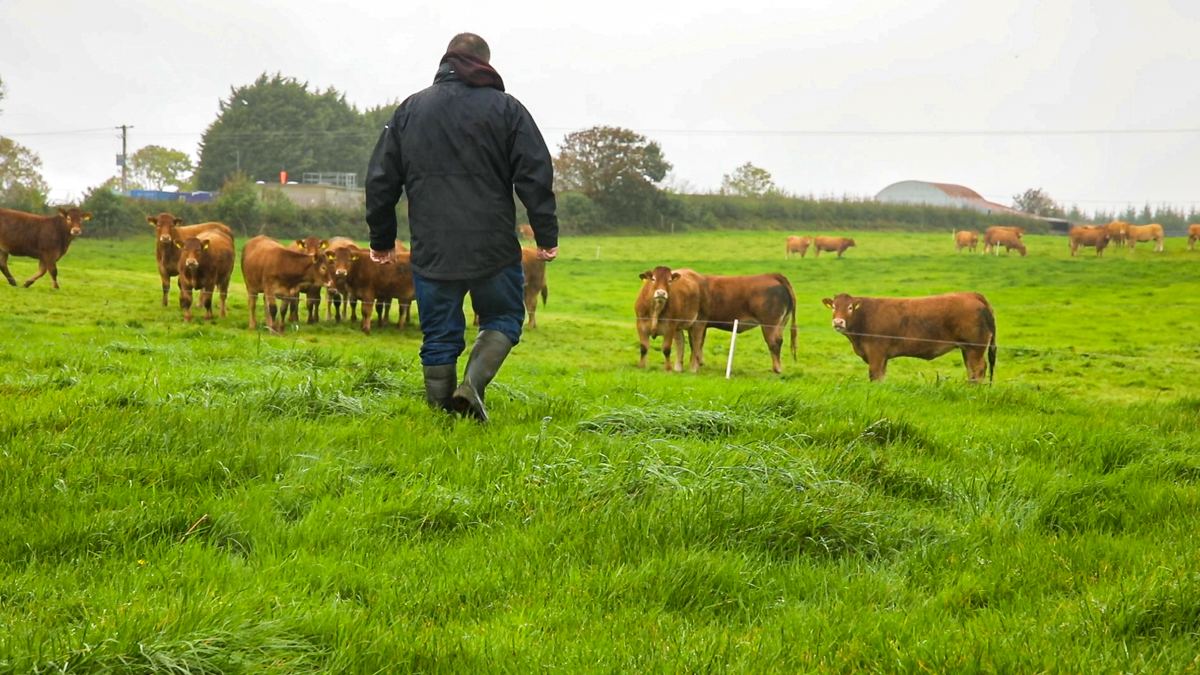Following the provisional agreement on the Common Agricultural Policy (CAP) last week and its acceptance by agriculture ministers yesterday (Monday, June 29), it has met with a wide range of reactions.
Reactions to the deal have been both positive and negative, with this division of opinion evident among farm organisations.
While few view it as 100% positive, some have taken against it more than others.
The Irish Farmers’ Association (IFA) has claimed that the deal “will potentially devastate the incomes of a cohort of Irish farmers”.
IFA president Tim Cullinan argued that the reforms would have a particular impact on drystock and tillage farmers.
“Now that the deal has been agreed in Europe, the Irish government needs to step up to the plate to support productive farmers through national co-financing, the €1.5 billion commitment on Carbon Tax [to be ringfenced for agri-environment payments] and the Brexit Adjustment Reserve,” Cullinan said.
“These sectors need more supports, not less. [Minister Charlie McConalogue] and the government need to deliver a serious package for drystock and tillage farmers,” the IFA president added.
Meanwhile, the Irish Creamery Milk Suppliers’ Association (ICMSA) has maintained that farmers “had become an afterthought” in the deal.
ICMSA president Pat McCormack argued that “practically everything to do with the sector was covered in exhausting detail except income”.
“There’s a spin out there that some farmers will gain under the agreement. ICMSA believes that all farmers will lose under this CAP agreement with less money in the budget and a whole raft of new regulations proposed,” he said.
He went on: “There’s nothing there in terms of paying the farmers for the additional regulatory requirements, nor is there anything on the need for food prices to reflect the increased cost of production and compliance.
“The agreement is an insult to Irish farm families.”
The ICMSA president argued that CAP had been “repurposed” away from farming and food towards environmental stewardship; and has become “cumbersome, underfunded, over-regulated and fundamentally incoherent”.
“This CAP pretends to address farming and environmental issues and will fail miserably on both,” McCormack concluded.
These negative reactions were balanced out by the reaction from the Irish Beef and Lamb Association (IBLA) which said that Minister McConalogue “has many options available to him to now ensure that small family farms receive significant increases in their CAP payments through convergence and front-loading options”.
“The tide is turning on factory-style farming in Ireland and the food consumers of Europe want a more sustainable and viable farming sector.”
“It is now time for all industry stakeholders, from ministerial level down, to see that there is an immediate move away from supporting large corporate factory farm entities,” the organisation said in a statement.
The statement went on: “IBLA calls for maximum support from the minister for family farms who dwell and work in rural Ireland by fully supporting 100% convergence and front-loading of farm payments.”
The IBLA called on farmers to “make their voices heard in Kildare Street and in every public representative’s office across this country to ensure there is a level playing field”.
